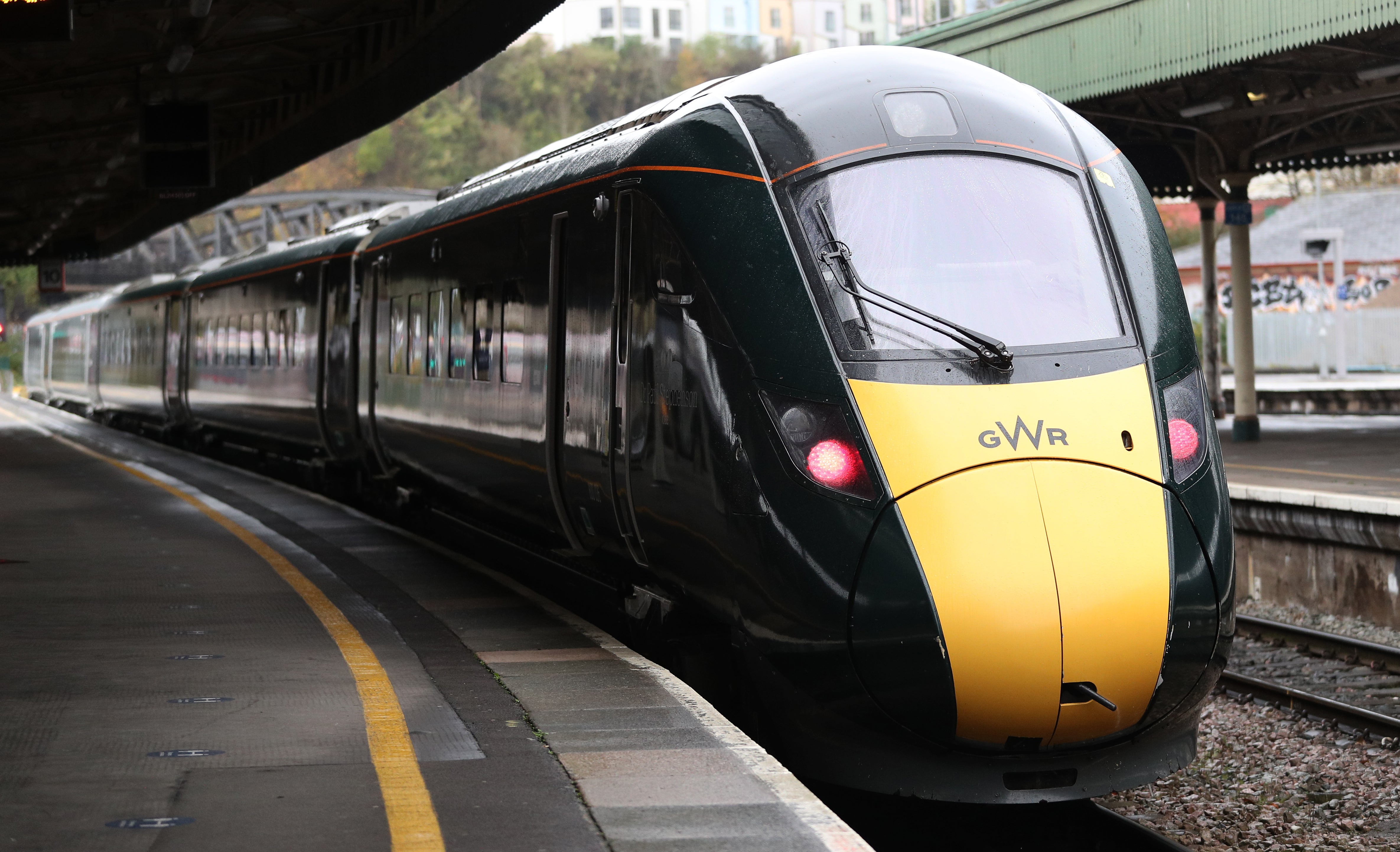Dry ice to be trialled in bid to cut train delays caused by autumn leaves on tracks
‘This technology will make a step change in train performance during autumn’ says

Dry ice will be used on railway lines in a trial to better remove leaves and combat Autumn-related train delays
Engineers at the University of Sheffield have developed the new method, which will be trialled by train operator, Northern, in the coming weeks.
The method involves blasting dry ice from train to rails, making the leaves frozen and brittle. The dry ice then quickly turns back to gas, causing it to expand and the leaves to disintegrate.
Engineers have praised the efficiency of the method compared to current systems, and hopes it can help to cover much greater distances more frequently, through the use of passenger trains over specialised ones.
Current methods for clearing tracks use 61 specialised trains that clear leaves using high-pressure water jets, a sand-based gel and steel grains to help with braking. The residue left can cause potential damage to trains and railways, which the new method for trial does not have.
Professor Roger Lewis, leader of development for the new method, said: “This technology will make a step change in train performance during autumn, improving safety.
“It will provide more predictable braking and traction than current technology, and will help to improve train performance, reduce delays, increase passenger satisfaction and support the use of new technologies to enable greater network utilisation of the UK’s railways.”
Rob Cummings, seasonal improvement manager at train operator, Northern, said: “We’re very excited to test this new technology during the autumn period.
“One of the biggest risks to our performance during October and November is leaves on the line, but by helping to develop new technology we aim to deliver the very best service for our passengers.”
Autumn-related issues cost the railway industry around £345 million every year, with delays caused by slippery leaves on tracks resulting in trains running at reduced speed, accelerating slower and breaking earlier.
This new system has been previously trialled on test tracks, and could be rolled out as soon as 2023 or 2024.
Join our commenting forum
Join thought-provoking conversations, follow other Independent readers and see their replies
Comments
Bookmark popover
Removed from bookmarks